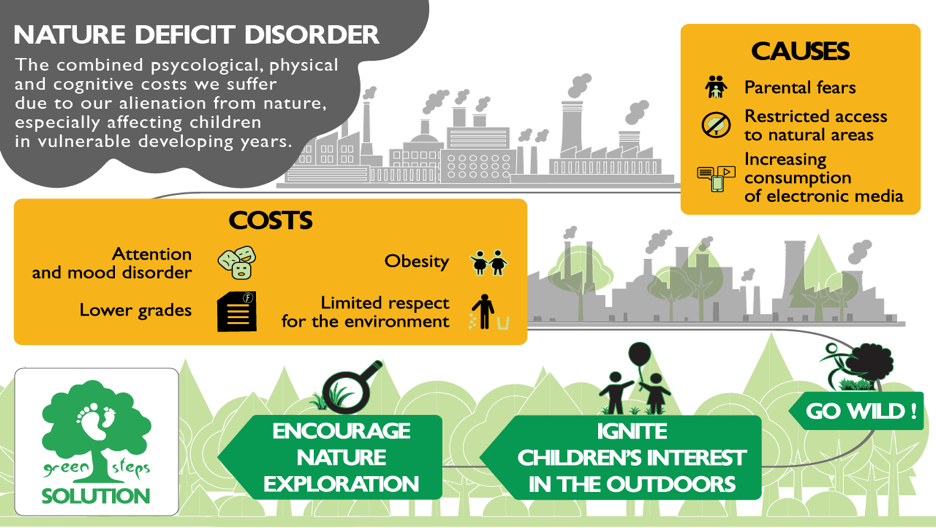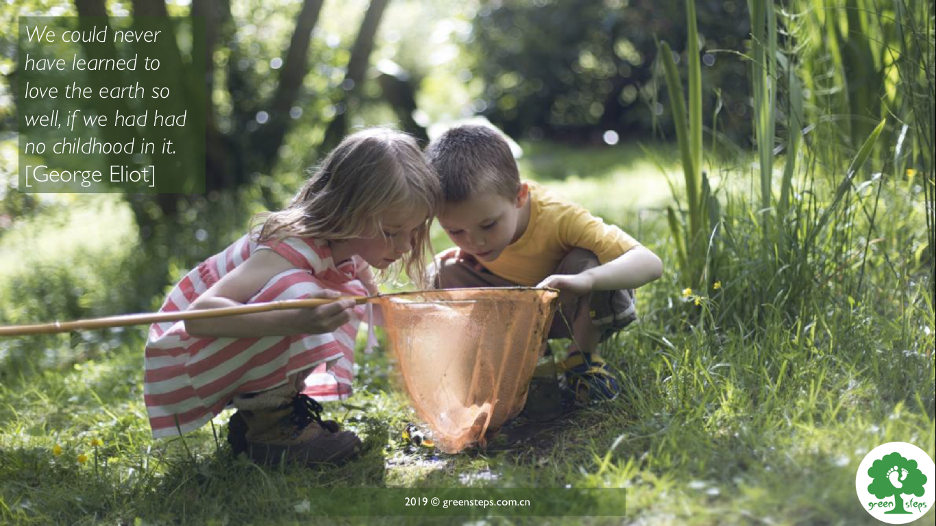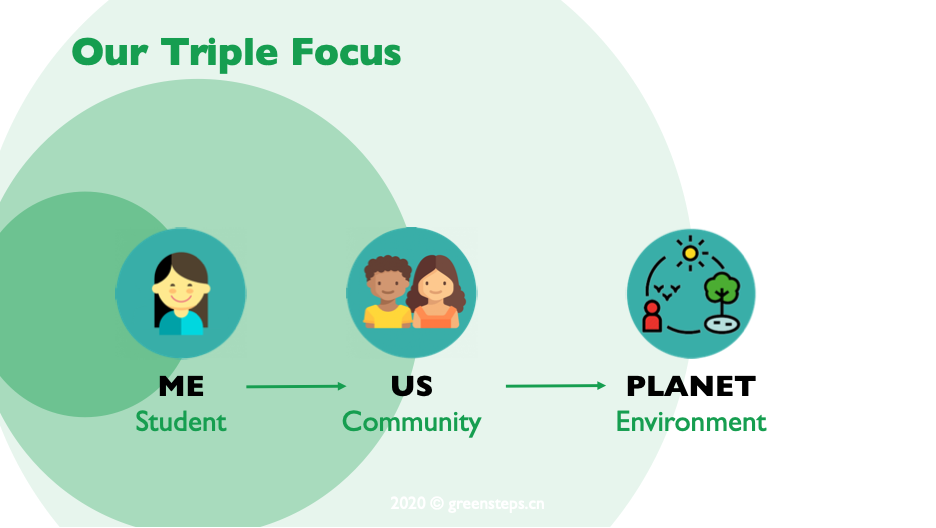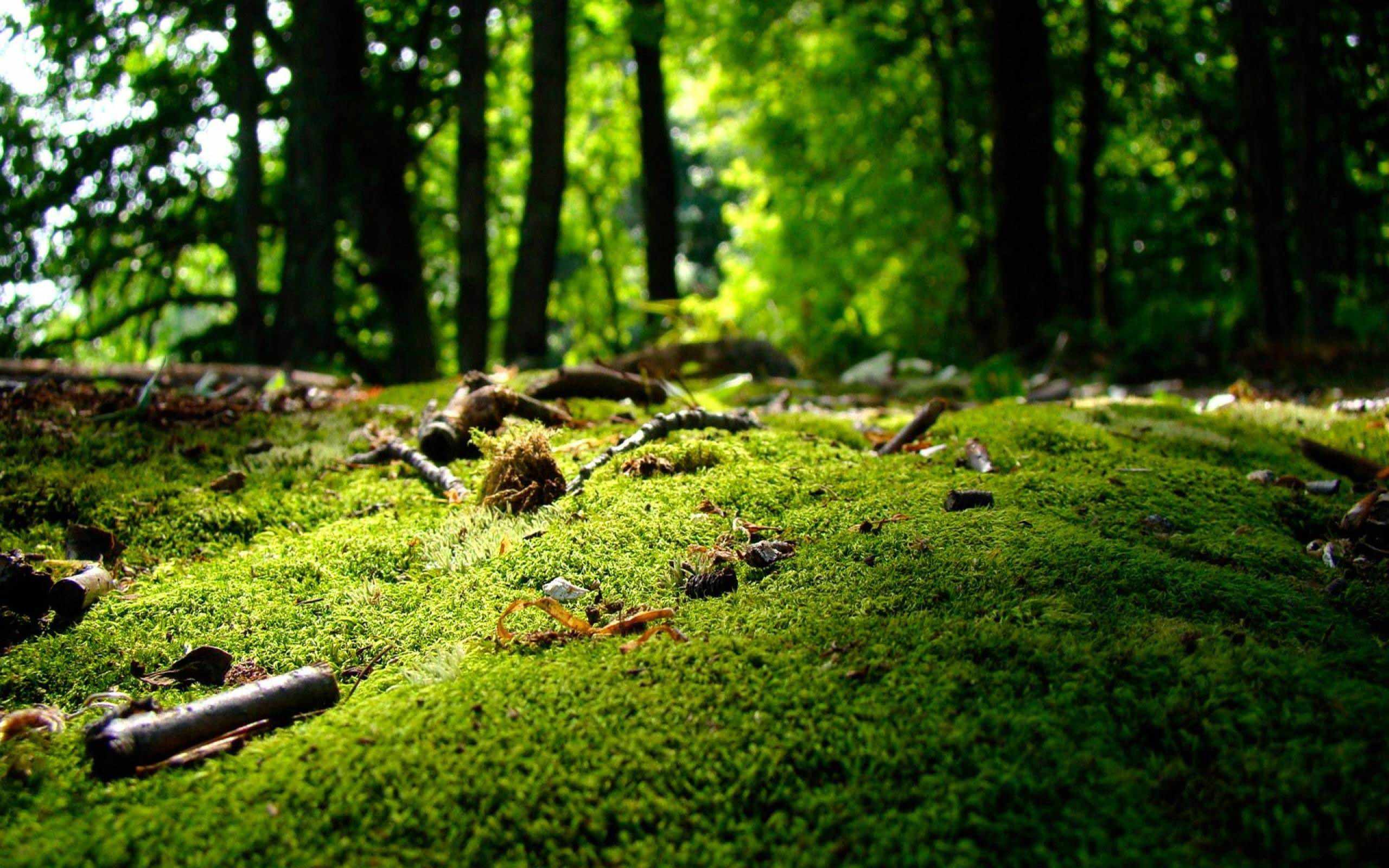Author:
Green Steps
Short summary:
The Mobile Campus is a playful method to raise the environmental awareness of residents and tourist alike. Our pilot project in the city of Sankt Pölten will start its summer cycle on July 4th from a new home base and offers Monday through Saturday daily walks and hikes within the urban ecosystem. A city is both a home worth protecting as well as an ecosystem necessary for survival. Outdoor education is an opportunity to turn daily actions into sound habits, which instilled at an early age create lasting harmony between human and non-human nature.


The underestimated health risks of excessive indoor time are summarized under the umbrella term nature deficit disorder, which was coined in 2005 by author Richard Louv in his book Last Child in the Woods. Louv argued that the alienation from the natural world leads to a plethora of problems. So, while parents and teachers might keep children safe from the dangers and the liability encountered outside of schools and homes, they inflict upon them other ailments.
The Children & Nature Network, a non-profit which is dedicated to reconnect children with the natural world, lists in its research section a number of scientific studies which confirm that limited exposure to nature leads to an increased probability of
Attention disorder
Hyperactivity disorder
Obesity
Depression
Slowed cognitive development
Reduced creativity
It seems therefore that parents face a tough choice: either protect their children from our industrial and urban environments or expose them to the dulling and debilitating conditions of digital indoor life. Richard Louv argues that the effects of the nature deficit disorder on our children will be an even bigger problem in the future: An increasing pace in the last three decades, approximately, of a rapid disengagement between children and direct experiences in nature…has profound implications, not only for the health of future generations but for the health of the Earth itself.
The solution is therefore surprisingly simple and leaves us no choice: In order to save the planet, we need to venture outdoors as much as possible to seek the direct encounter with nature. If we want to save our children, we need to connect them to nature; and the more we connect to nature the more likely it is that we clean up the mess we have created so far. That’s most likely what Victorian poet Mary Anne Evans aka George Eliot anticipated when she wrote in the 19th century: We could never have learned to love the earth so well, if we had had no childhood in it.

At Green Steps we have made it our mission to connect you with nature and develop empathy for the planet. We believe that learning must be fun and as educators, we nurture the curiosity to explore the outdoors. We teach hands-on natural sciences using the outdoors as a playground and laboratory. Green Steps has developed a Montessori inspired leaning method: the triple focus curriculum, which builds simultaneously intrapersonal, interpersonal and ecological intelligence.

Dr. Maria Montessori revolutionized the Italian education system a century ago with her pedagogical anthropology, when she introduced two central concepts into mainstream education: practical life activities and sensorial learning, i.e. daily chores and deliberate focus on our distinct senses to build interest, maintain attention and achieve goals. A Chinese proverb pins down this learning approach: Tell me and I’ll forget; show me and I may remember; let me do it and I’ll understand.
Our modern, digitally injected lives, have made it difficult for children to be interested in literally anything. Attention spans are dropping vertically. As educators and parents, we face dopamine and screen addicted child-brains and compete with the intense stimulation of videogames, TV shows and smart phones. Statistics about daily time spent on screens vary between four to ten hours for average adults. The Atlantic therefore writes: when it comes to children’s development, parents should worry less about kids’ screen time—and more about their own.
A century ago, Dr. Montessori did not have to compete with electronic devices, but she introduced yet another powerful concept: modelling. It is the behavior of the caregiver which is modelled by the child in particular during the habit-forming early childhood years. As parents and educators, we need to understand that with each hour our children see us hooked to a screen, we model a behavior to them which they are most likely to follow. Another Chinese proverb entails this simple but profound truth: By three methods we may learn: First, by reflection, which is noblest; Second, by imitation, which is easiest; and third by experience, which is the bitterest.

Green Steps has been studying the parks and green spaces of St. Pölten since fall 2020 and has developed a mobile campus consisting of 20 routes and more of 300 large trees. Each route can be started by using public transport from the main train station and additional starting points across the city. Eight routes are grouped in the category "Plants & Friends", which are focused on children aged 6-12. Another 12 routes are grouped in the category "Big Friendly Giants", which is focused on participants older than 12 years. Cooperative and transgenerational learning is an indirect objective in both formats, but Plants & Friends builds on playful experiences while Big Friendly Giants builds on "citizen science."
The educational goal of both formats is to create bioregional identities. Bioregional identities create a new concept of home, which is not anchored in different culture, but in shared nature. A strong bioregional identity leads to a better understanding of the local ecosystem, deep empathy for the environment, and responsibility for the planet. Fellow citizens, regardless of their religious or ethnic background, can be permanently integrated through a repeated engagement with nature, while children, from a young age, sharpen their senses for the environment through continuous exposure to the changing conditions along these routes

Join the Mobile Campus and improve your physical, emotional and mental health while gaining a new perspective of your home turf in an environmentally friendly way. Develop awareness for your local ecosystem and become a steward of a small shard of planet Earth.
Learn more about each route and join us in a discovery of your bioregional identity!
Find more information about the program and book your tickets here:
https://ark.greensteps.me/community/stp






